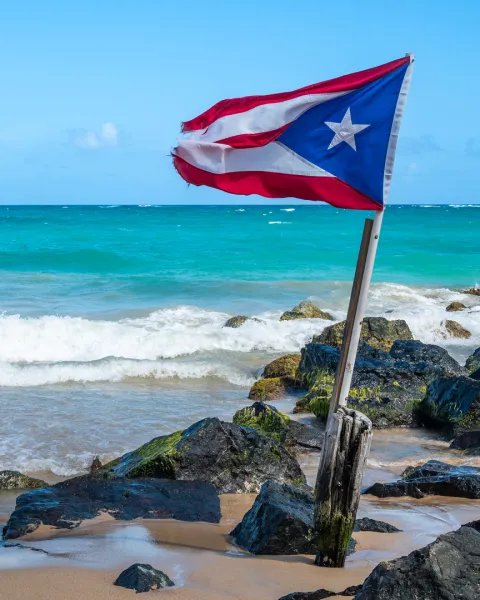Takeaways
- Courts no longer have to defer to an agency’s interpretation of the law simply because the law is ambiguous.
- The ruling aligns Puerto Rico with U.S. Supreme Court decisions, marking a shift from blind deference to administrative “expertise.”
- As a result, employers can challenge agency findings on worker classification, just cause terminations, wage disputes, and statutory benefits more effectively.
Related links
- DACO v. Consejo de Titulares del Condominio Los Corales (opinion)
- Loper Bright Enters. v. Raimondo (opinion)
- Colón Ortiz v. Asociación Cond. B.T. I (opinion)
Article
The Puerto Rico Supreme Court has issued a landmark decision limiting the deference that Puerto Rico courts owe to administrative agencies’ legal conclusions. DACO v. Consejo de Titulares del Condominio Los Corales, 2025 TSPR 56 (May 21, 2025).
The ruling recalibrates the balance of power between courts and agencies under the Puerto Rico Uniform Administrative Procedure Act (LPAU) and aligns local doctrine with the U.S. Supreme Court’s rejection of the Chevron deference doctrine in Loper Bright Enters. v. Raimondo, 603 U.S. 369 (2024).
DACO’s Determination
The Department of Consumer Affairs (DACO) determined that a condominium’s administrative agent should be classified as an independent contractor subject to procurement safeguards under Article 58 of Puerto Rico’s Condominium Act. This interpretation contradicted the Supreme Court decision in Colón Ortiz v. Asociación Cond. B.T. I, 185 D.P.R. 946 (2012), that held that such agents are legal mandataries (mandatarios), not contractors. DACO imposed procurement conditions on the agent’s selection, and the Condominium’s Board of Directors challenged the agency’s decision.
Court’s Decision
Rejecting DACO’s erroneous legal interpretation, the Supreme Court explicitly held that the deference previously afforded to agencies’ legal conclusions no longer applies under LPAU.
Controlling Section 4.5 of the LPAU, it noted, states plainly that “legal conclusions shall be reviewable in all respects by the court” and eliminated the presumption of correctness once granted to agencies’ legal reasoning.
Citing Loper Bright, the Puerto Rico Supreme Court emphasized that courts are not required to give deference to an agency’s interpretation of the law simply because the statute is ambiguous. Puerto Rico courts must engage in independent judicial review of all legal interpretations made by administrative bodies.
Implications for Employers
Prior to this decision, employers often faced agency rulings (for instance, from the Office of Mediation and Adjudication of the Puerto Rico Department of Labor and Human Resources) that were difficult to challenge because courts afforded broad deference to administrative conclusions of law.
After this ruling, courts may freely reexamine legal determinations made by agencies, such as:
- Whether a worker is an employee or independent contractor;
- Whether a termination constitutes “just cause”; and
- Whether certain benefits or wages are owed under applicable statutes.
The Supreme Court’s decision represents a doctrinal shift in administrative law that empowers employers to challenge adverse agency decisions more effectively in court.
Please contact a Jackson Lewis attorney with any questions about this case or other workplace developments.
© Jackson Lewis P.C. This material is provided for informational purposes only. It is not intended to constitute legal advice nor does it create a client-lawyer relationship between Jackson Lewis and any recipient. Recipients should consult with counsel before taking any actions based on the information contained within this material. This material may be considered attorney advertising in some jurisdictions. Prior results do not guarantee a similar outcome.
Focused on employment and labor law since 1958, Jackson Lewis P.C.’s 1,100+ attorneys located in major cities nationwide consistently identify and respond to new ways workplace law intersects business. We help employers develop proactive strategies, strong policies and business-oriented solutions to cultivate high-functioning workforces that are engaged and stable, and share our clients’ goals to emphasize belonging and respect for the contributions of every employee. For more information, visit https://www.jacksonlewis.com.



